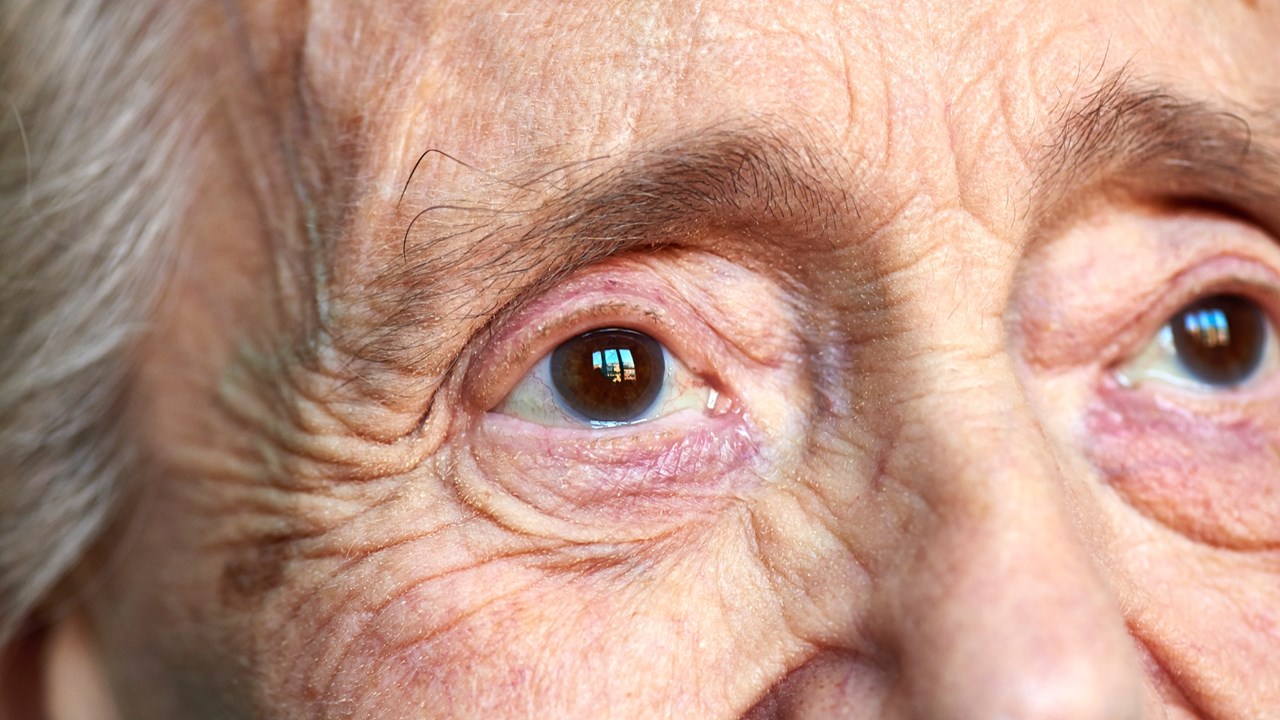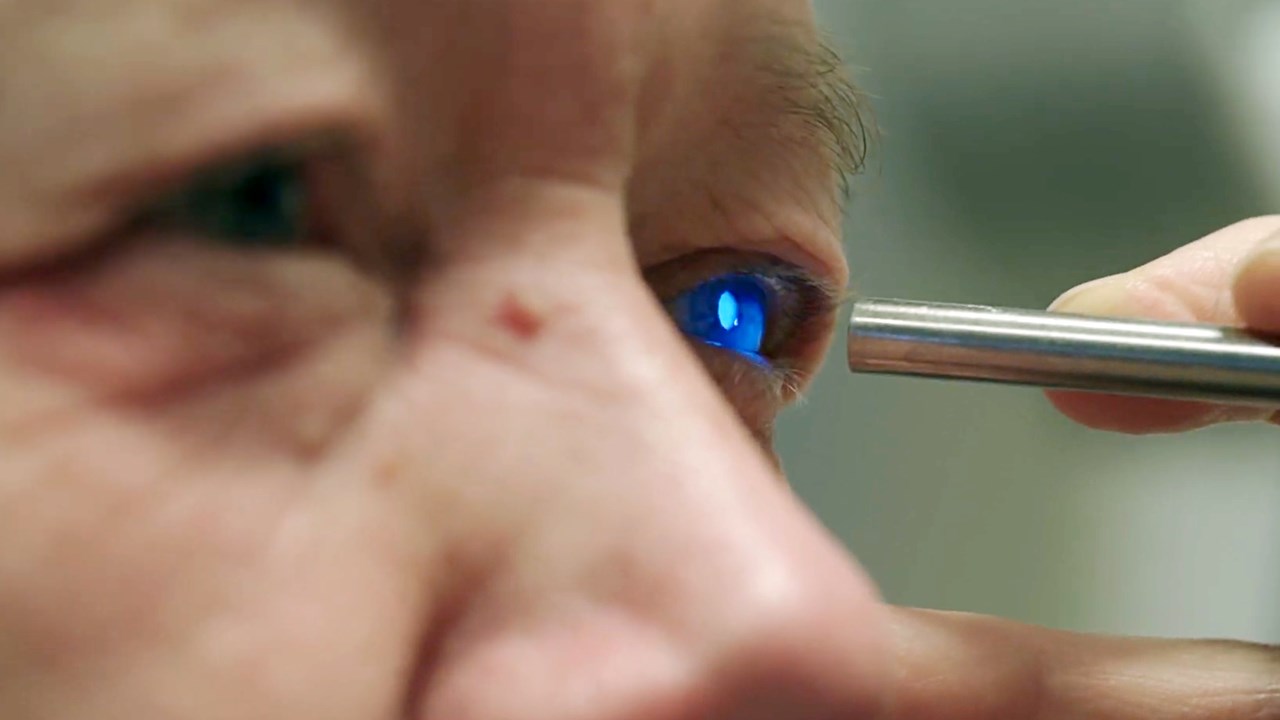Are you ready to explore how we can help you?
Our world-class experts are available to help find answers to your toughest questions.

Ocean Insight and a research team led by Ghent University worked together to investigate faster, simpler medical diagnostics tools with the capacity to improve eyecare for millions of people
Cataract, a clouding of the lens of the eye, is a major cause of blindness, affecting 95 million people worldwide. Even as cataract treatment has become safer and simpler to perform, people with limited or no access to proper eyecare will suffer preventable blindness and visual impairment.
Existing cataract diagnostics involve the use of slit-lamp instrumentation, which allows eyecare professionals (ECPs) to see the eye lens under magnification and then compare those visuals with a special color chart. Although this method is safe and effective, the development of simpler, faster, more portable diagnostic tools could reach even more patients in need.

Most cataracts result from a chemical reaction between sugars in the body and proteins in the eye lens - a process called glycation - that occur over time. Optical sensing instruments are well suited to measure biochemical processes such as glycation in patients rapidly and noninvasively, in real time, within seconds.
The team at Ghent University approached Ocean Insight with the challenge of recommending a suitable setup for the work. The teams collaborated on finding the optimum selection of spectroscopy components to measure the fluorescence of normal and cataract-affected lenses.
Thanks to the spectrometer I can easily measure the cataracts in five seconds.
Eye lens tissue will fluoresce when briefly illuminated with UV light, with cloudy and normal lenses producing different spectral signatures (“fingerprints”). Ocean Insight provided the researchers with an affordable, simple to use and modular spectroscopy system to safely and reliably assess glycation in patients participating in a research study. The clinical researchers performed quantitative measurements easily, with preliminary results available immediately. The spectral data* provided more detailed information on cataract development, in addition to other clinical diagnostic methods.
Even though cataracts develop slowly, over time they will lead to visual impairment and blindness. Working with the Ghent research team may lead to finding solutions for a preventable cause of blindness that simpler and more accessible diagnostic tools could address. As the Ghent research team prepares for the next phase of its life-changing experimentation and discovery, Ocean Insight will continue providing expertise, support and systems to meet their needs.
From health issues associated with aging populations to the growing demand for faster, more accurate diagnostic tools, Ocean Insight partners with researchers to provide analytical tools and application insight that’s simpler, smarter and more robust with each successive generation.
*Disclaimer: The data was taken for research purposes only and does not imply a direct diagnosis of cataract formation.
Learn how researchers at Ghent University in Belgium are using UV spectroscopy as part of their research efforts to find answers for a faster and more effective cataract diagnosis.
Fluorescence is the absorption and emission of light of two different frequencies. Typically, a lower wavelength of incident light is absorbed from one direction, and a higher wavelength of light is emitted in all directions.
Options available
LSM series LED light sources are ideal for fluorescence excitation and other measurements requiring narrowband illumination. UV options are available for 310 nm, 365 nm and 385 nm wavelengths.
Prices From $725.00

Our world-class experts are available to help find answers to your toughest questions.